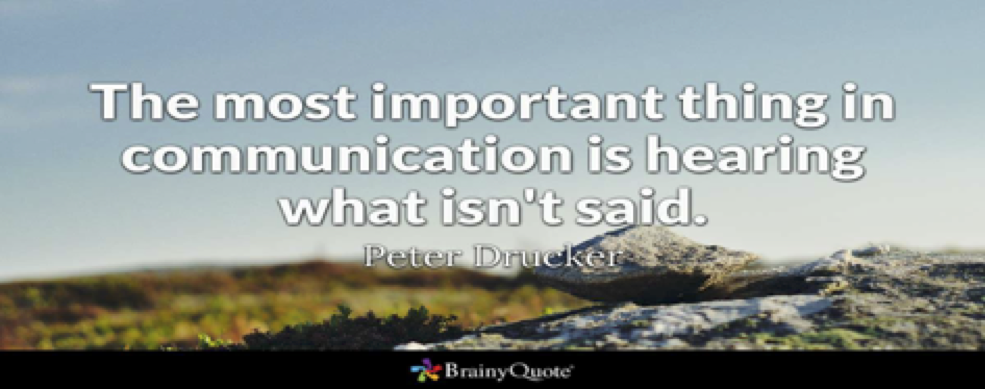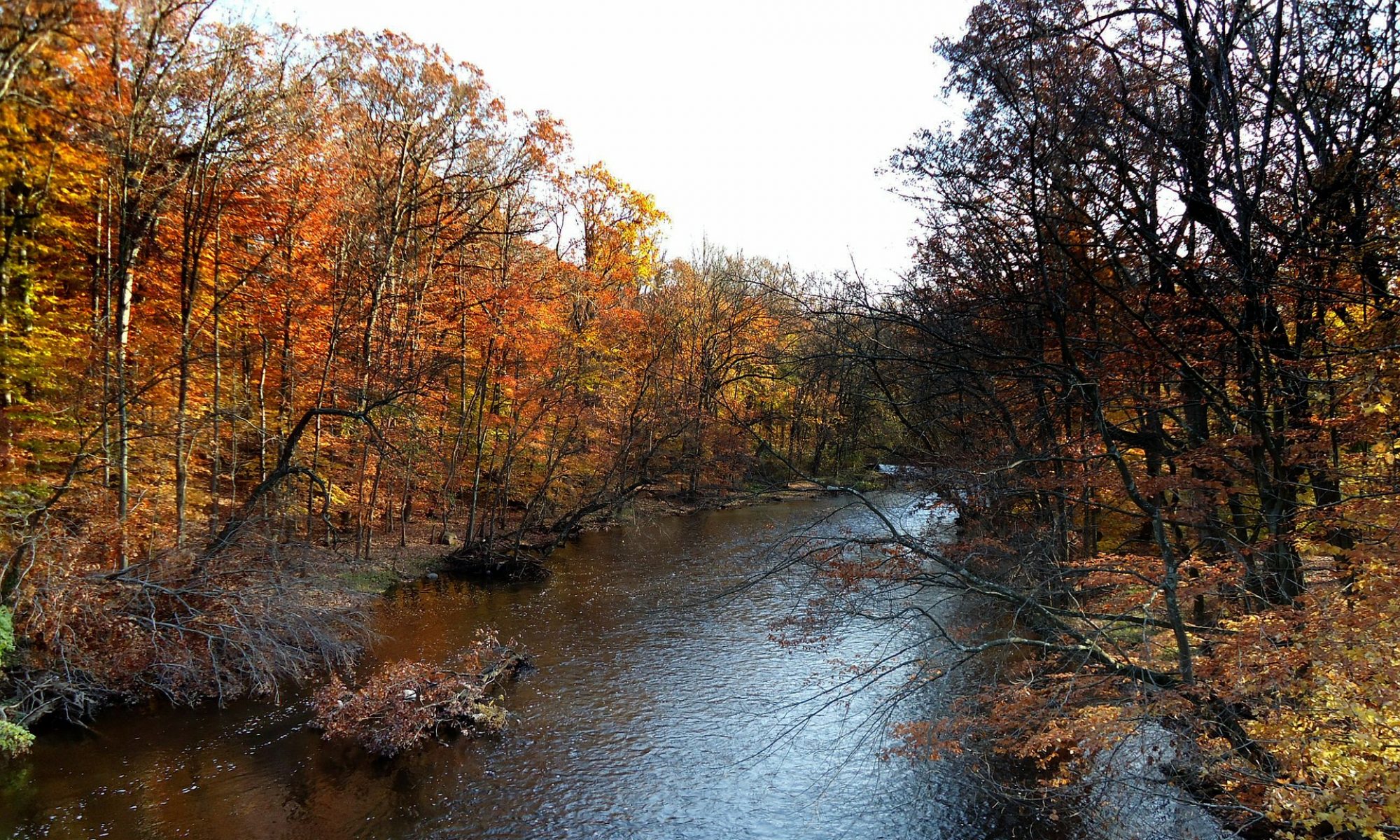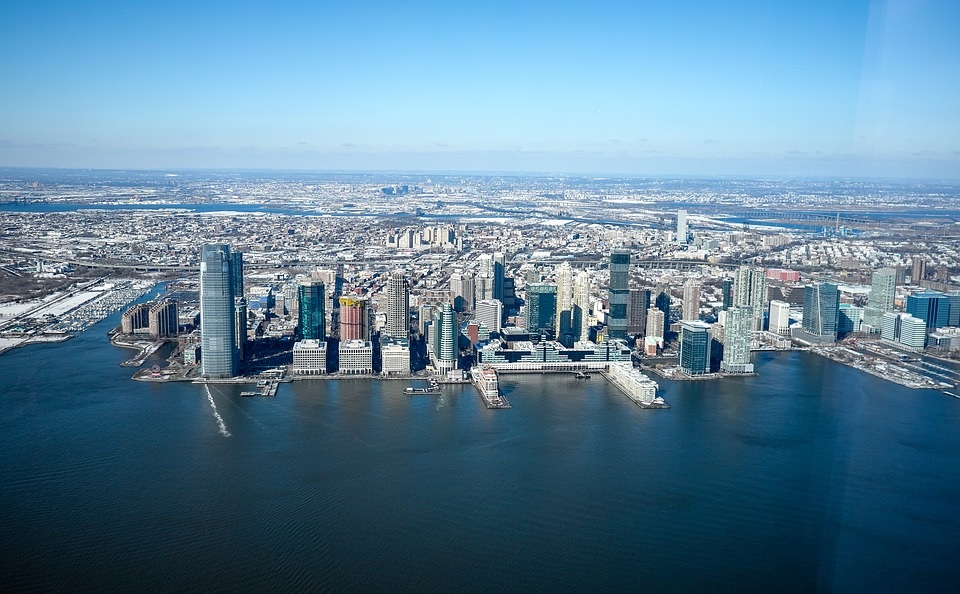By Matt Polsky, Lawrence Furman, Jonathan Cloud, Caitlyn Montgomery

New Jersey is finally taking climate change seriously. The Murphy Administration has several policy initiatives on or directly related to it, including some with atypically ambitious goals. An increasing number of well-attended forums are being held in the State, with speakers from some environmental groups, and a couple of keynotes from the First Lady, Tammy Murphy. Rutgers University has gone from having a relatively minimal presence to becoming a major player in both climate science and now policy, through the New Jersey Climate Adaptation Alliance. NJ Spotlight is running stories. The directly related area of clean energy is getting a lot of attention, including through the Energy Master Plan process and legislation.
Still, what isn’t being noticed at several forums is that we’re still missing a lot of possibilities and opportunities to do more to address climate change.
Two of the authors have attended many climate change conferences over the years, including more recent ones, such as at Rutgers University, Ramapo College, the League of Conservation Voters, Centenary University, Montclair State University, and many others. While important information is always presented, both the analyses, recommendations, and even perspectives are invariably incomplete. Panelists are often “names” or the heads of traditional groups, which is important, but they, too, do not offer the complete picture. Forums at Rutgers typically have minimal if any opportunity for real audience participation. Those oriented to students offer a limited scope of explicit messages. They emphasize advocacy and activism on voter registration, such issues as protesting proposed pipelines, supporting certain bills in the Legislature, certain actions their universities could take like divesting from fossils fuels. They identify “bad guy” companies.
Certainly these are important, but they do not mention the companies that have stepped up to support staying in the Paris Agreement, which hints at larger possibilities. They do not usually offer a lot of creative ideas, which students of all people really need to hear. They do not say or imply that it will be anything but easy to tackle climate change, or that the usually narrow paths provided will be far from sufficient. Indeed, addressing climate change will likely be the challenge of their generation!
These conferences also reveal mindset traps that make implementing or even conceiving of very large scale changes more difficult, like we can either do mitigation or resiliency. This particularly misleading either/or has gotten better, as now we hear more of “both.” But another is that there is no purpose or recognition of the need to talk to conservatives or Trump voters about addressing climate change. They’re not part of the picture; or worse, are seen as unchangeable “deniers.” Even though we’re saying we need huge carbon emission reductions, somehow we’ll work around the need for behavioral changes from them to reduce their carbon emissions.


 MATT POLSKY / NJ ENVIRONMENT NEWS – I recently collaborated with students in my Sustainable Economics course at Ramapo College to write a proposal to Governor Murphy for a green economy in New Jersey. “Green economy” and “green jobs” are not new terms, but our proposal takes them in new directions. Typically, green jobs refer to solar and wind installers, recycling and efficiency jobs. But, perhaps surprisingly, conventional green jobs may not be the largest category of jobs in a fuller green economy.
MATT POLSKY / NJ ENVIRONMENT NEWS – I recently collaborated with students in my Sustainable Economics course at Ramapo College to write a proposal to Governor Murphy for a green economy in New Jersey. “Green economy” and “green jobs” are not new terms, but our proposal takes them in new directions. Typically, green jobs refer to solar and wind installers, recycling and efficiency jobs. But, perhaps surprisingly, conventional green jobs may not be the largest category of jobs in a fuller green economy.